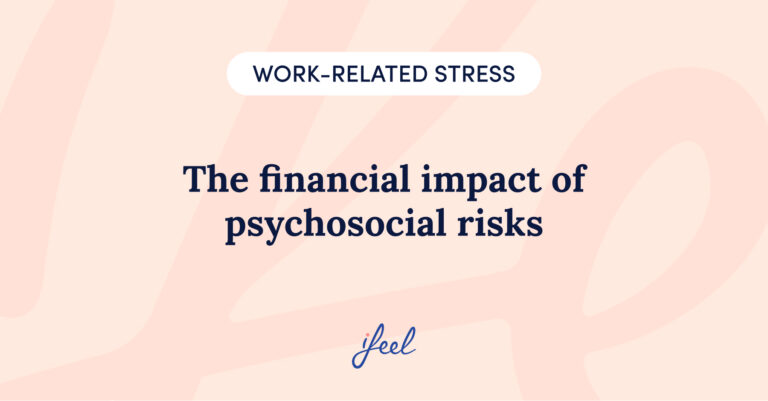Do you know what upskilling and reskilling are? They may seem like Viking surnames at first glance, but they are not. Upskilling and reskilling are two English terms that refer to two different processes regarding the training and qualification of employees in any company.
Reskilling is an upgrade based on what’s already there. Reskilling is what is commonly known as professional recycling. It is related to the idea of refreshing knowledge that someone already has or, at least, has a base of. To reskill, you should have some knowledge or skills gained and trained at the time but are not in use anymore. It can also happen when skills have been lost due to a lack of use.
Upskilling refers to “additional training,” meaning the process through which an employee acquires new skills and knowledge or the process of teaching employees new skills. It is, therefore, based on the development of new competencies.
Benefits of upskilling and reskilling
Providing educational and professional recycling is vital to improving productivity in the company and the psychological well-being of employees. Regardless of how your company encourages these processes, you can consider them on your own as part of your own work objectives strategy for this year. The following section includes some of the advantages of upskilling and reskilling.
1. By improving your various skills, you will increase your performance efficiently. This will contribute to the company’s productivity and improve your experience as an employee.
2. It will give you a chance to innovate and enhance your methodologies, increasing your versatility and accessibility to new tasks and functions. This plays a crucial role in your emotional salary.
3. Your value as an employee will grow, making you a substantial part of your company, and of course, to other companies from your industry or other ones.
4. As you improve your skills and develop new ones, you will re-engage with your usual tasks from a fresh point of view, instead of feeling that you have been doing the same thing for a long time and that you have lost your freshness by automating processes, which could lead you to burnout symptoms.

Why is it important to promote upskilling and reskilling?
Keeping in mind the workplace environment is exceptionally competitive, constantly evolving, and technically demanding- especially in the technological sector, such as eCommerce and eHealth. It is vital to have processes of updating and recycling professional skills to keep a good level of productivity without affecting the employees’ psychological well-being. Both processes include complimentary coping strategies, which the company can implement at a given moment.
Typically, both processes focus on hard skills. In comparison to soft skills, which cover interpersonal and communication skills, hard skills refer to specific technical skills a person needs to know for a particular role. This is why it is so important to refresh and enhance them.
To invest in upskilling and reskilling, that is to say, using the talent you already have, often turns out to be more efficient in terms of time, money, and team cohesion instead of recruiting new employees. It is a way of making the most of both human capital and the potential a company already has, which is not a substitute for new talent but a way of complementing both.
Any employee can reskill and upskill if they want to improve their performance at work. You can also improve your future performance since you can take advantage of upskilling and reskilling to improve your professional profile and pave the way for a prospective company. In fact, if you are reading this, you should have the initiative to improve your skills yourself, even if your level of commitment to the company is not at its best right now. In any case, ideally, your personal upskilling and reskilling process should be contextualized within the framework of a corporate strategy of continuous training.
One of the key aspects of recruiting someone in a company is promoting them to a higher status and developing professionally within the company. A structured upskilling and reskilling strategy can encourage employee commitment and talent retention.

Emotional well-being program for companies
At ifeel, we know that work should not disrupt people’s well-being. That is why our team of psychologists, experts in well-being at work, has created an emotional well-being program for companies that positively impacts talent retention, reduces absenteeism, and combats employee stress.
In our Resources section, you will find helpful material, such as podcasts, HR guides, or interviews with HR managers. In addition, we have a Psychosocial Risk Factors Template, which you can use to comply with the requirements of the Labor Inspection.
Thanks to our emotional well-being program, your company’s HR managers can receive personalized, data-driven advice on improving the psychological well-being of their teams. In addition, this program offers employees a 360° mental health care service structured at different levels according to their needs. Try our program today to see how it could help you.
We hope you found this post about upskilling and reskilling interesting. If you would like more information about our emotional well-being program for companies, request it, and we will contact your team as soon as possible.







